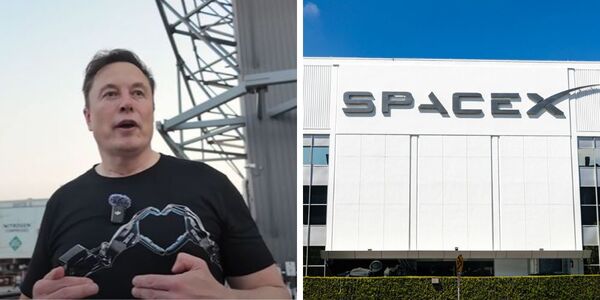SpaceX faces delay in Starship launch due to federal regulators
“This is a more than two-month delay to the previously communicated date of mid-September. This delay was not based on a new safety concern, but was instead driven by superfluous environmental analysis.”
SpaceX announced on Tuesday that although it is prepared to launch the next test flight of its Starship rocket, the Federal Aviation Administration (FAA) will not approve the launch license until at least November. This delay marks a significant pushback from the FAA’s original target date for making a decision on the launch license.
In its statement, SpaceX explained that the Starship rocket and Super Heavy rocket booster have been prepared to launch since the beginning of August, but have not been able to proceed with their goals due to the lack of approval from the FAA.
“The Starship and Super Heavy vehicles for Flight 5 have been ready to launch since the first week of August. The flight test will include our most ambitious objective yet: attempt to return the Super Heavy booster to the launch site and catch it in mid-air,” the company said in a statement.
“We recently received a launch license date estimate of late November from the FAA, the government agency responsible for licensing Starship flight tests,” SpaceX continued. “This is a more than two-month delay to the previously communicated date of mid-September. This delay was not based on a new safety concern, but was instead driven by superfluous environmental analysis.”
“Environmental regulations and mitigations serve a noble purpose, stemming from common-sense safeguards to enable progress while preventing undue impact to the environment. However, with the licensing process being drawn out for Flight 5, we find ourselves delayed for unreasonable and exasperating reasons.“
SpaceX CEO Elon Musk has previously set an ambitious target to launch the first Starship mission to Mars by November 2026, aligning with the transfer window to the planet, according to the Telegraph. In a post on X, Musk explained that the first Starships to Mars will launch in two years during the transfer window. The launches will be uncrewed in order to test the reliability of landing on Mars. Musk added that if the landings are a success, then crewed flights to Mars will take place in four years.
“Flight rate will grow exponentially from there, with the goal of building a self-sustaining city in about 20 years. Being multiplanetary will vastly increase the probable lifespan of consciousness, as we will no longer have all our eggs, literally and metabolically, on one planet,” Musk claimed.

